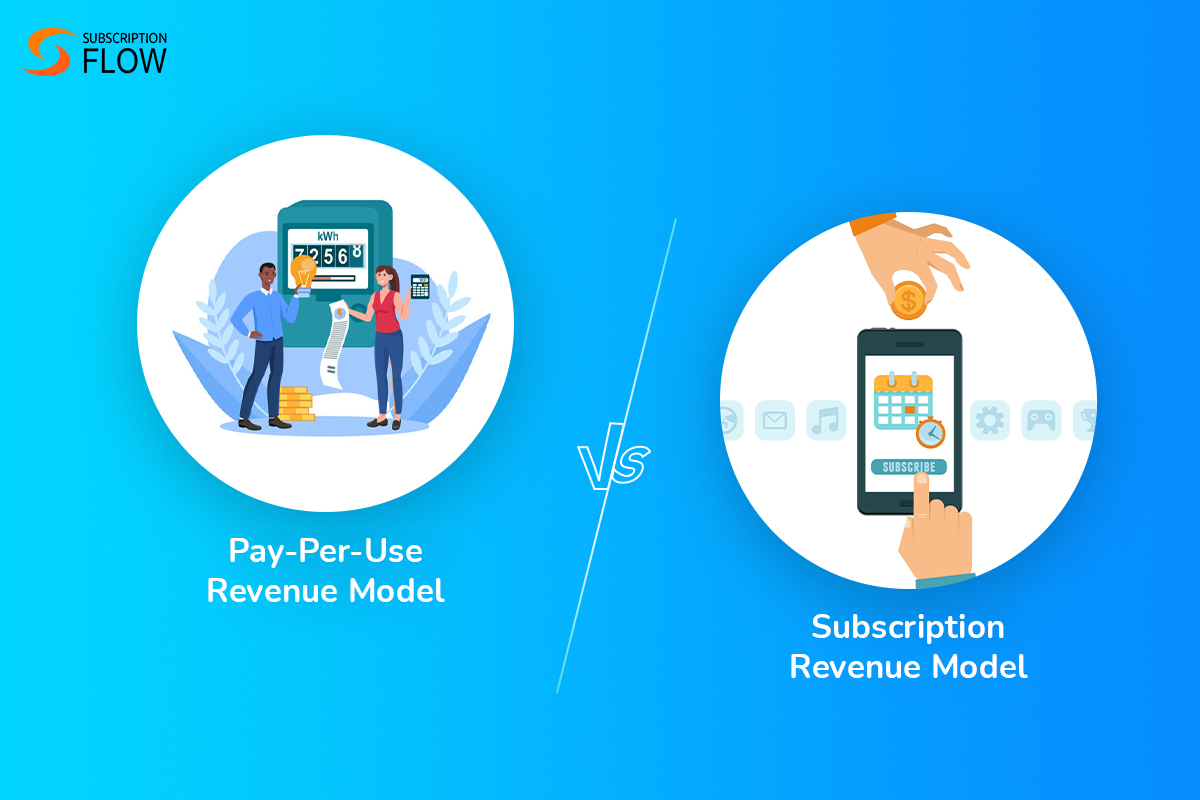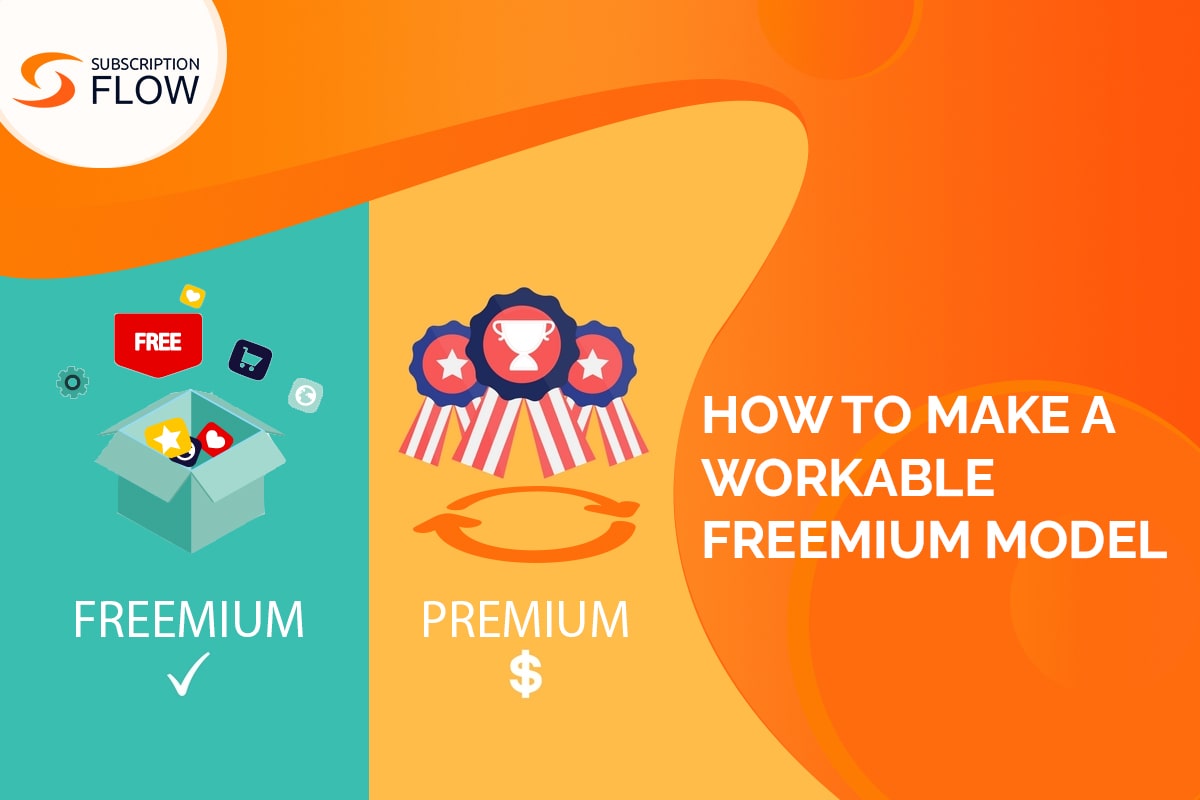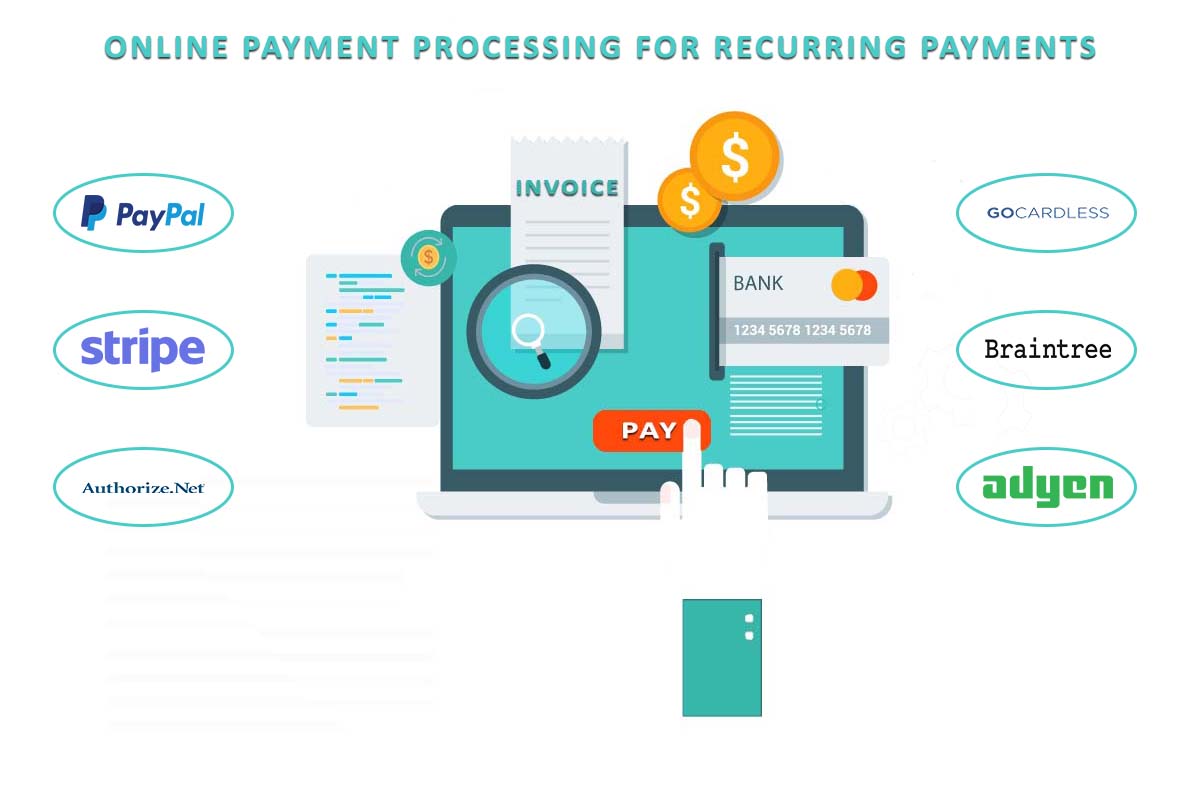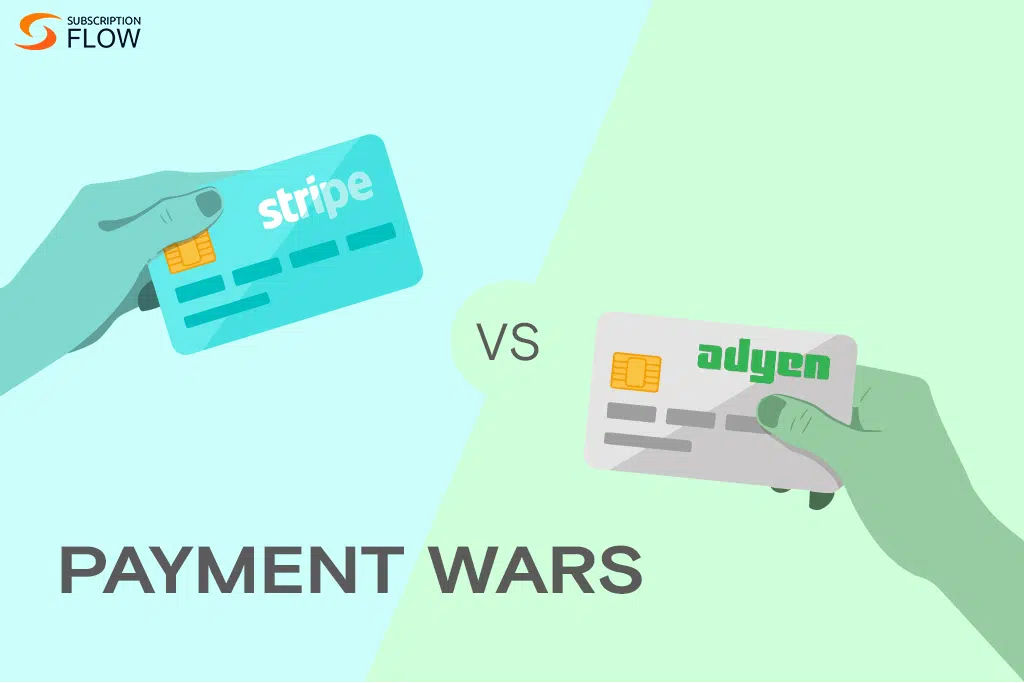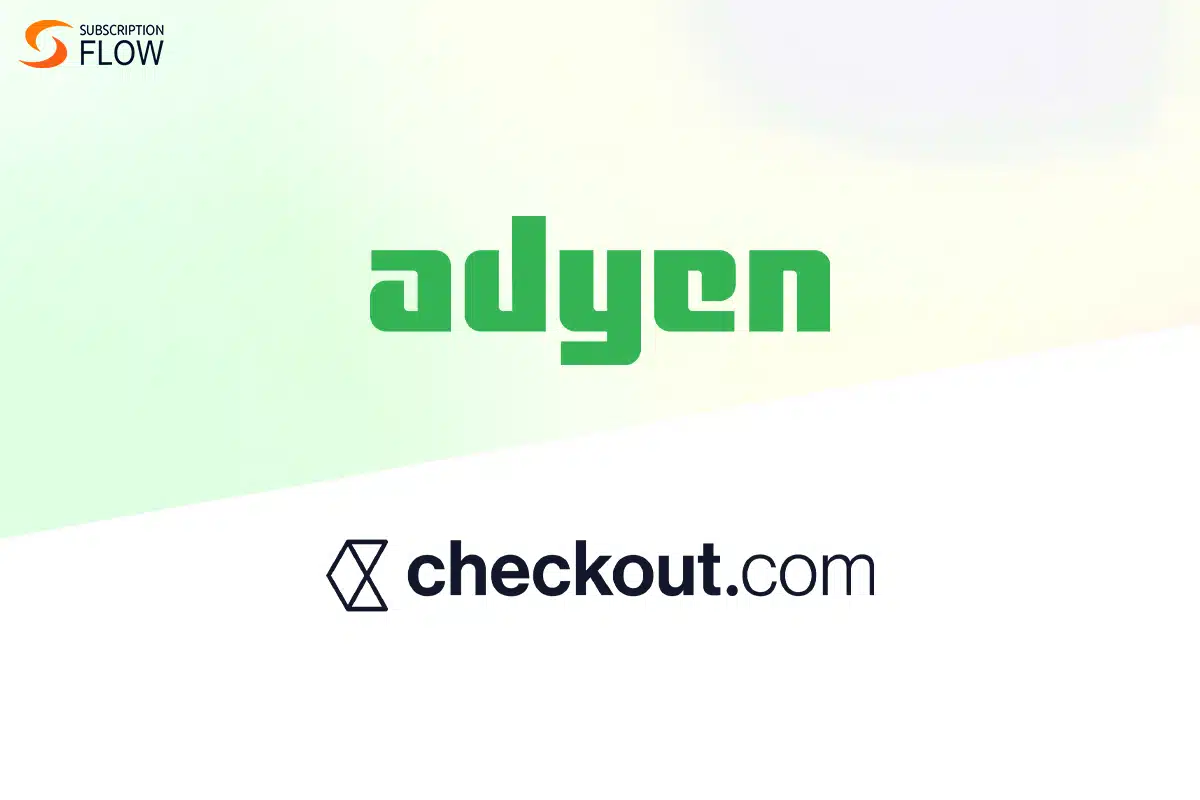
Adyen vs Checkout: Finding the Best Fit for Your Business
Searching for the right payment gateway to process online payments? You’ve come to the right place. As the market for payment gateways becomes increasingly saturated it’s important to cross-examine your options. This blog compares and contrasts Adyen vs Checkout, to help you assess which one of the two is the better fit for your business.
Let’s start with the basics and get to know both from the inside out.
Adyen: The Elevator Pitch
Digital payments have revolutionized the payments space, and businesses of all sizes recognize the importance of enabling cashless transactions through a secure and versatile payment gateway.
But all payment gateways are not created equal.
Adyen is a leading payment service provider, founded in 2006 and headquartered in Amsterdam. It enjoys unmatched popularity in Europe and expanded its operations to the Middle East, the United States, and Canada by 2021, making it a global payment gateway.
Adyen allows businesses to accept payments from multiple sales channels including online payments, mobile payments, point-of-sale payments, and recurring payments. Its services are tailored to B2B and enterprise clients and users include MANGO, Etsy, Uber, McDonald’s, etc. However, it may not be well-suited to low-volume merchants.
The platform also offers advanced features such as fraud detection and prevention, reporting and analytics, and customizable checkout options, making it a popular choice for businesses looking for a comprehensive payment processing solution.
Checkout.com: The Elevator Pitch
Checkout.com is a global payment processing company, that provides businesses of all sizes with a cloud-based platform to accept online payments from around the world. Founded in 2012, in London it has since expanded rapidly offering its services in more than 150 countries.
Checkout.com offers a range of payment solutions, including credit and debit cards, bank transfers, e-wallets, and alternative payment methods. The company is known for its focus on innovation and customer service and has been recognized with several industry awards and accolades.
The platform also offers features such as fraud detection and prevention, real-time data analytics, and customizable checkout options, making it a popular choice for businesses looking for a reliable and versatile payment processing solution.
Also Read: Stripe Vs Checkout—Let’s Resolve This Mystery for You
The Showdown: Adyen vs Checkout
Let’s get into the nitty-gritty of the features comparison between Adyen vs Checkout.com.
1. Target Clientele
Adyen caters to B2B and enterprise clients and is not suited to startups and SMEs because of its minimum invoice amount. Checkout.com, however, caters to businesses of all sizes including startups, SMEs, and large enterprises.
2. Pricing
Both Adyen and checkout have no setup or monthly fees. Adyen offers a standard processing fee of €0.11 per transaction and a payment method fee depending on the card issuer and the country from which the transaction is being processed.
Checkout.com’s offers custom pricing based on your business profile and risk category and is less standardized than Adyen. This could be both a pro or a con depending on your needs.
3. Payment Methods
Adyen supports over 250 payment methods around the world, whereas Checkout.com supports 150 payment options.
Adyen also offers POS integration, receipt printing, and ACH transactions for brick-and-mortar stores, while Checkout.com focuses on online payments alone. Adyen also supports direct bank account payments which Checkout.com does not. Therefore, in terms of versatile payment methods, Adyen takes a clear win.
4. Integration Partnerships
When it comes to maximizing the merchant user experience, both Adyen and Checkout.com provide APIs and SDKs to help businesses integrate their payment systems with their websites and mobile apps.
Adyen and Checkout.com also both offer integration capabilities with various eCommerce platforms, accounting and billing software, and popular shopping carts. When it comes to the availability of integrations, Adyen takes a clear win with 100+ integration partners compared to the 50+ integrations that Checkout offers.
5. Multicurrency Processing
Businesses catering to international clientele must also assess how many currencies a payment gateway can process. Both Adyen and Checkout offer multi-currency processing, but Checkout.com has more extensive international coverage of 150+ processing currencies and 20+ settlement currencies. Adyen, in comparison, covers only 30 currencies.
6. International Payments
Adyen has historically been more geographically specific, available for merchants domiciled in 20 primarily European countries. It has since expanded its services to other regions, including North America, Asia-Pacific, and Latin America but the availability of Adyen’s services and features may vary depending on the country and region.Checkout.com offers domestic processing in more than 50 countries in Europe, Asia, and the Middle East.
In terms of international transaction fees, Checkout.com appears to have an advantage over Adyen, as it does not charge any additional cross-border fees or currency conversion fees. Adyen’s international transaction fees also vary depending on the country and region of the transaction.
7. Customer Support
Both companies offer 24/7 live support, making sure merchants can resolve payment issues no matter their time zone. However, Adyen supplements this with multiple webinars, which Checkout.com doesn’t provide.
Checkout vs Adyen: Pros and Cons
Adyen:
Pros:
- A wider range of payment methods: 250
- Advanced fraud prevention features
- A wider range of services beyond payments: POS systems, risk management, and subscription billing
- A customizable checkout experience
- Supports more local payment methods in certain regions, such as iDEAL in the Netherlands and Alipay in China
- Fixed fee per transaction
Cons:
- Not the best for low-volume merchants due to minimum invoice amounts
- Complex setup
- International payment fees
- Region-specific features and pricing
Checkout.com:
Pros:
- A wide range of payment methods: 150
- Advanced fraud prevention features
- High transaction speeds
- Multi-currency support: 100 currencies
- No cross-border fees or currency conversion fees
Cons:
- No POS system for brick-and-mortar stores
- Pre-built checkout page that can be customized only to some extent
- Non-standardized pricing depending on transaction volume
- Limited integration options compared to competitors
Overall, both Adyen and Checkout.com are reliable options, each with its own strengths and weaknesses. The choice between the two will ultimately depend on the specific needs and priorities of the business, such as the desired payment methods, geographic coverage, and pricing structure.

